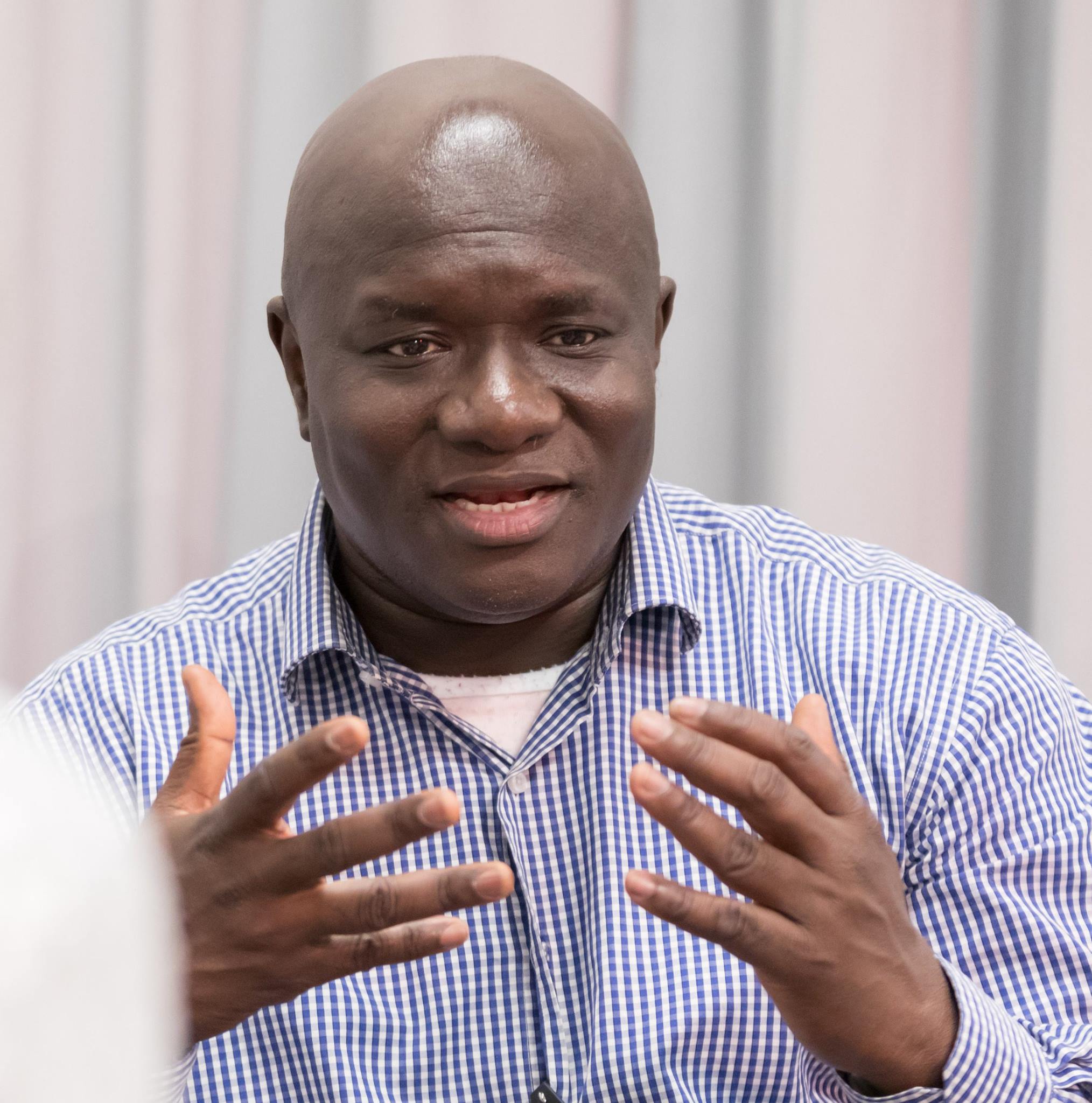By Madi Jobarteh
What the history of the world has taught us is that there has never been freedom and progress in any society without protest. Protest is a tool of empowerment in the hands of ordinary citizens to participate, influence and determine the kind of society they want. It is protest that enables citizens to check public institutions to ensure that they perform to address the needs of the people.

Photo Credit: Madi Jobarteh
Protests are an accountability mechanism in the hands of citizens. Without protest no society progresses or enjoys freedom. Public institutions do not necessarily perform and manage resources properly without effective accountability through protests.
The independence of the Gambia began as a protest until it was achieved. It began in 1918 when Edward Francis Small protested at the abuse of a fellow Gambian by a European trader in Balagharr. In response the Methodist Church, where he worked dismissed him for insubordination. Since then EF Small became restless at the gross abuse and exploitation that Gambians were subjected to by the colonialists. He organized various groups and activities to demand better working conditions, fair price for our farmers and increased voice and participation of Gambians in the administration of the Gambia.
With his slogan, ‘No taxation without representation’ EF Small launched a barrage of petitions to the colonial government to the point that he was labeled “a self-appointed champion of non-existing grievances felt by an imaginary body of citizens”. These petitions were followed with various strikes in Banjul until the man had to be exiled eventually to Senegal.
It was those protests that forced the colonialists to open up and allow the inclusion of Gambians in the Banjul Legislative Council in the 1940s with EF Small being the first elected public officer. It was these gains in the Gambia coupled with protests in Ghana, Sierra Leone, Nigerian and all throughout Africa against colonialism that led to independence that we enjoy today. Without those protests, Africa could still be under colonialism since these Europeans would not have willingly given us independence.
Therefore the Gambia has a long tradition of protests. During the First Republic, individuals like William Dixon Colley used their newspapers in the 1960s to expose inefficiency and corruption under the PPP Government. Many other journalists carried on this tradition until Deyda Hydara who was gunned to death for his stance on press freedom, government accountability and against corruption. The student protests of the 1980s at the Gambia College to the April 2000 student protests that led to 16 children shot to death all indicate that protests are part of the Gambian culture.
The April 2016 protest led by Solo Sandeng therefore came on the heels of a long tradition of protests that galvanized to end 22 years of misrule. Hence when we arrive at this juncture, Gambians must learn lessons that only protests give us the opportunity to change our lives for the better. Yes we may not all agree on the objectives and mode of protest but we must all protect the right to protest.
The right to protest is a means through which many other rights are manifested. When citizens assemble in one place to express themselves in whatever form it means they are protesting. When citizens petition or go to court or occupy public spaces they are protesting. When citizens come together to form associations to demand, advocate or criticize or campaign for or against issues, they are protesting. Hence protest is merely an avenue through which citizens express their ideas for or against policies, decisions, issues or actions by either the government or businesses and indeed any other entity.It was because of protest that Gambians forced the Gambia Government to respond to the Bakoteh dumpsite issue. It was protest that forced the Gambia Government to respond to the Golden Lead affair in Gunjur. It was protest that forced NAWEC to come over to GRTS this weekend to speak to citizens. Hence the power of protest must not be underplayed or discounted.
In Europe, America, Asia or other parts of the world, it was protests that gave birth to freedom, democracy and progress. From the Renaissance 1400 – 1600, we saw Europe transform from oppressive monarchies and backward societies into a land of freedom and progress today. In America, the Declaration of Independence 1776 was a protest against British colonialism giving birth to the United States of America. The Glorious Revolution of England 1688, the Russia Revolution 1917 to the Chinese Revolution of 1946 were all protests that transformed those societies into what they are today.
Democracy is not achieved just in one day once and for all. Democracy is not a straight, smooth quiet path. Democracy is a process and a vehicle through which citizens participate effectively in the governance of their country to better their lives. Governance is not only about the government. Rather governance comprises citizens, NGOs, businesses, government and other actors all of who engage in order to uphold the highest ideals and standards for the fulfillment of the needs of citizens and the protection of their rights. In this game, protests have become the sanitizer for democracy.
The health and strength of democracy can only be determined by the extent to which citizens protest to challenge not only the government but also all other entities including citizens themselves to uphold the rule of law. When there are no protests in a society, we cannot determine the strength of its institutions, processes and the quality of development. It means such a society will only operate on the whims and caprices of those who wield power. It means abuse of office, poor delivery of services and corruption shall become the hallmark of that society. Hence protests are about accountability to ensure that all stakeholders take responsibility for their decisions and actions or lack thereof.
Protests protect the citizen and the general public and prevent a society from sliding into authoritarianism and conflict.
God Bless The Gambia
